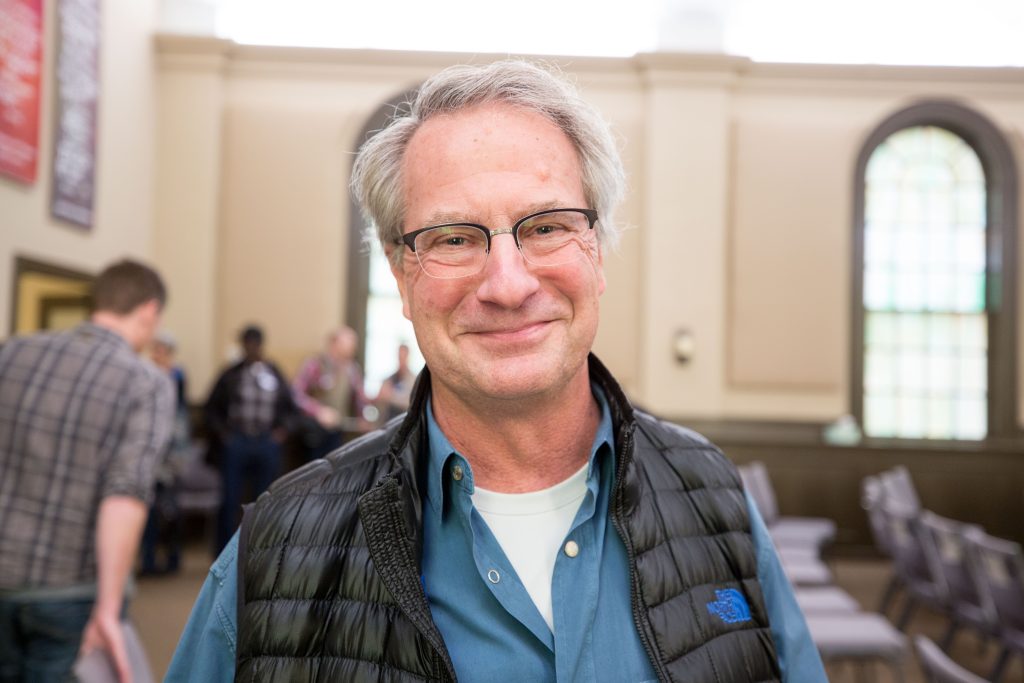
My sister, Kathy Lu McCoy, was abducted off of the streets of Spokane, Washington in 1974, and found murdered several hours later. The crime was extremely brutal, and her last few hours of life were hell on earth.
Her killer, Harry Edward Brooks, was apprehended shortly after she was found, received a life sentence, and remains in prison 41 years later.
While not a hate crime by legal definition, it was a hate crime, similar to the thousands of homicides, and tens of thousands of rapes and other violent acts, committed against women each year simply because they are women. The inability of women to move about independently without having extra fear of violence because of their gender remains a great civil rights problem.
The cruelty of the crime against my sister made me feel, among other emotions, a visceral desire for retribution. It did not, however, change my opposition to, or my family’s opposition to, the death penalty.
Those who have lost loved ones to violence of course have every right to feel however they do about that crime, and about what the fate of their loved one’s killer should be. Among life’s nightmares, such outrageous injustice ranks at the top for horror and damage from which there is no full recovery.
When a killer targets victims because of their race, sexual orientation, gender, religion, or other reasons motivated solely by hatred, that nightmare is even worse, because it rips the very fabric that binds us together as a nation and a people, and does violence to us all, never mind the added layer of violence to the victims’ survivors. There are no adequate words for such crimes against humanity.
We hang on to the death penalty as a deterrent, with no persuasive evidence that it deters, and out of moral outrage and a belief that some crimes cannot be adequately punished without it. The logic and sentiment here make sense, but they do not make the death penalty any less imperfect in the way we employ it. It’s bad public policy, in large part because it contains too many of the same biases and flaws that killers who receive it do. More and more people, including many family members of murder victims, hope we will stop using it, and make that fabric of our society stronger by doing so. My family and I are among them.
This article was originally posted in the Charlotte Observer on June 21, 2016: My sister’s murder and the death penalty.


